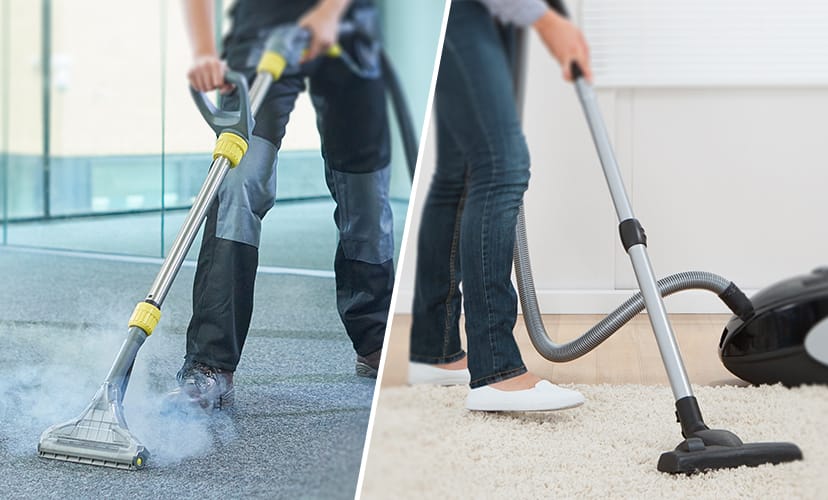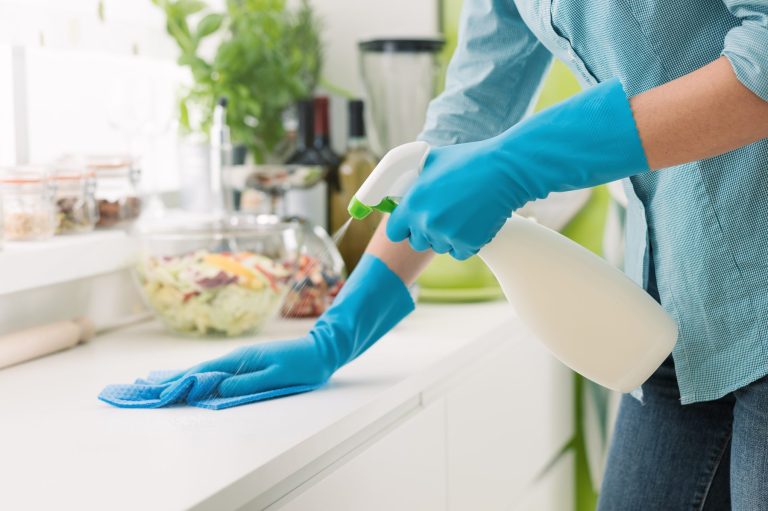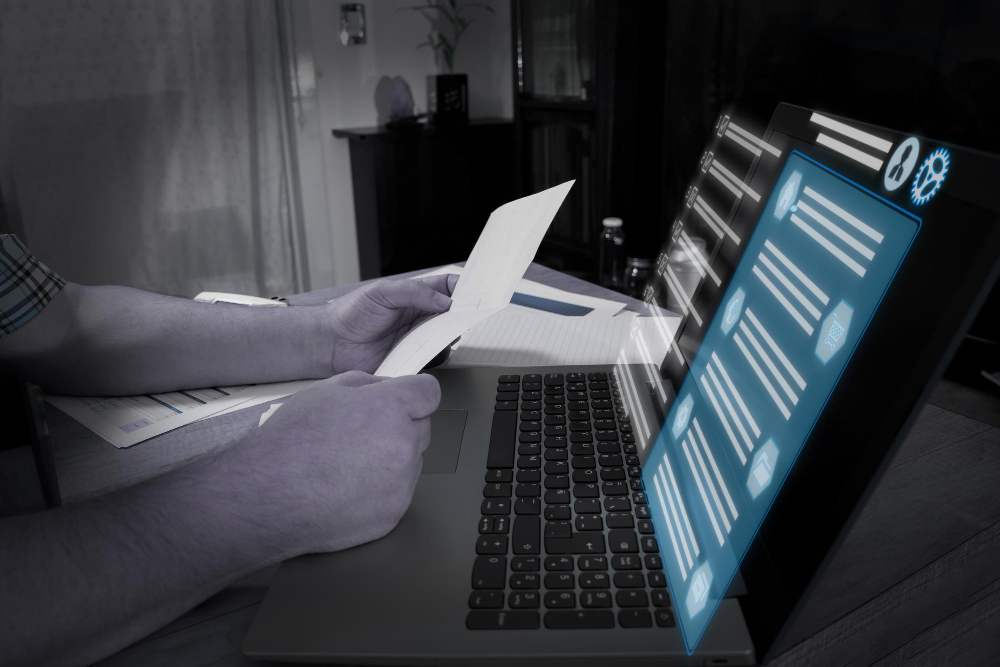Starting a cleaning business is a great way to build a steady income, but before you begin, it’s essential to understand the licenses and permits required. Without the proper legal documentation, your business could face penalties, fines, or even closure. This guide will walk you through all the licenses and permits needed to start a cleaning business legally and successfully.
Why Licensing is Essential for a Cleaning Business
Licensing is more than just paperwork—it’s a critical step in protecting your business and building trust with customers. Here’s why:
- Legal Compliance – Operating without the necessary licenses can result in legal action.
- Credibility & Trust – Clients are more likely to hire a licensed and insured cleaner.
- Financial Protection – Licensing often includes liability coverage, preventing costly lawsuits.
- Business Growth – Some contracts, especially for commercial cleaning, require proof of licensing.
General Business Licenses Needed
Regardless of where you operate, you’ll likely need the following:
- Business Registration – Required to legally operate as a business entity.
- DBA (“Doing Business As”) – If you’re using a different name than your legal business name.
- State Business License – Some states require a general business license for any operation.
Federal Requirements for a Cleaning Business
While cleaning businesses are generally regulated at the state and local levels, there are some federal requirements:
- Employer Identification Number (EIN) – Required if hiring employees.
- Tax Compliance – You must report earnings to the IRS.
- OSHA Compliance – If using hazardous chemicals, you must meet workplace safety regulations.
State-Specific Licenses for Cleaning Businesses
Each state has its own licensing laws. To find your requirements:
- Check your state’s business licensing agency.
- Consult your Secretary of State’s website.
- Contact your local Small Business Administration (SBA) office.
Local and Municipal Permits
Cities and counties often have additional licensing rules:
- Zoning Permits – If operating from home or a commercial space.
- Occupancy Permits – Required for physical locations.
- Home-Based Business Licenses – If running a cleaning service from your residence.
Sole Proprietorship vs. LLC vs. Corporation
Choosing the right business structure affects licensing:
- Sole Proprietorship – Easiest to start but offers no liability protection.
- LLC (Limited Liability Company) – Protects personal assets and is tax-friendly.
- Corporation – Best for large cleaning businesses but involves more paperwork.
Bonding and Insurance Requirements
Most cleaning businesses need:
- General Liability Insurance – Covers property damage and accidents.
- Worker’s Compensation Insurance – Required if you have employees.
- Surety Bonding – Some clients require bonding to cover potential losses.
License Costs and Renewal Processes
- Costs range from $50 to $500, depending on location and business type.
- Most licenses require annual renewal.
- Failing to renew can result in penalties or business suspension.
How to Apply for a Cleaning Business License
- Register your business with state and local agencies.
- Obtain an EIN if hiring employees.
- Apply for state-specific cleaning service licenses.
- Get liability insurance and bonding.
- Renew licenses annually to stay compliant.
Common Mistakes to Avoid
- Skipping licenses – Operating without the correct permits can lead to fines.
- Not checking local laws – State and city requirements vary.
- Forgetting insurance – Many clients require proof of coverage.
FAQs
Do I need a business license for a home-based cleaning service?
Yes, most cities require a home occupation permit if running a business from home.
Is bonding required for a cleaning business?
It depends on the client, but many require bonding for financial security.
How long does it take to get a cleaning business license?
The process can take a few days to several weeks, depending on local regulations.
Can I operate as an independent cleaner without a license?
Some states allow independent cleaners to work without a license, but it’s best to check local laws.
Do I need a special license for commercial cleaning?
Some states require additional permits for commercial or hazardous waste cleaning.
What happens if I operate without a license?
You could face fines, legal penalties, or forced business closure.
Conclusion
Starting a cleaning business requires the right licenses, permits, and insurance to operate legally and successfully. Research your state and local requirements, complete the necessary paperwork, and ensure you’re fully compliant before launching your business. With the right legal foundation, you can grow a professional, reputable, and profitable cleaning service.





